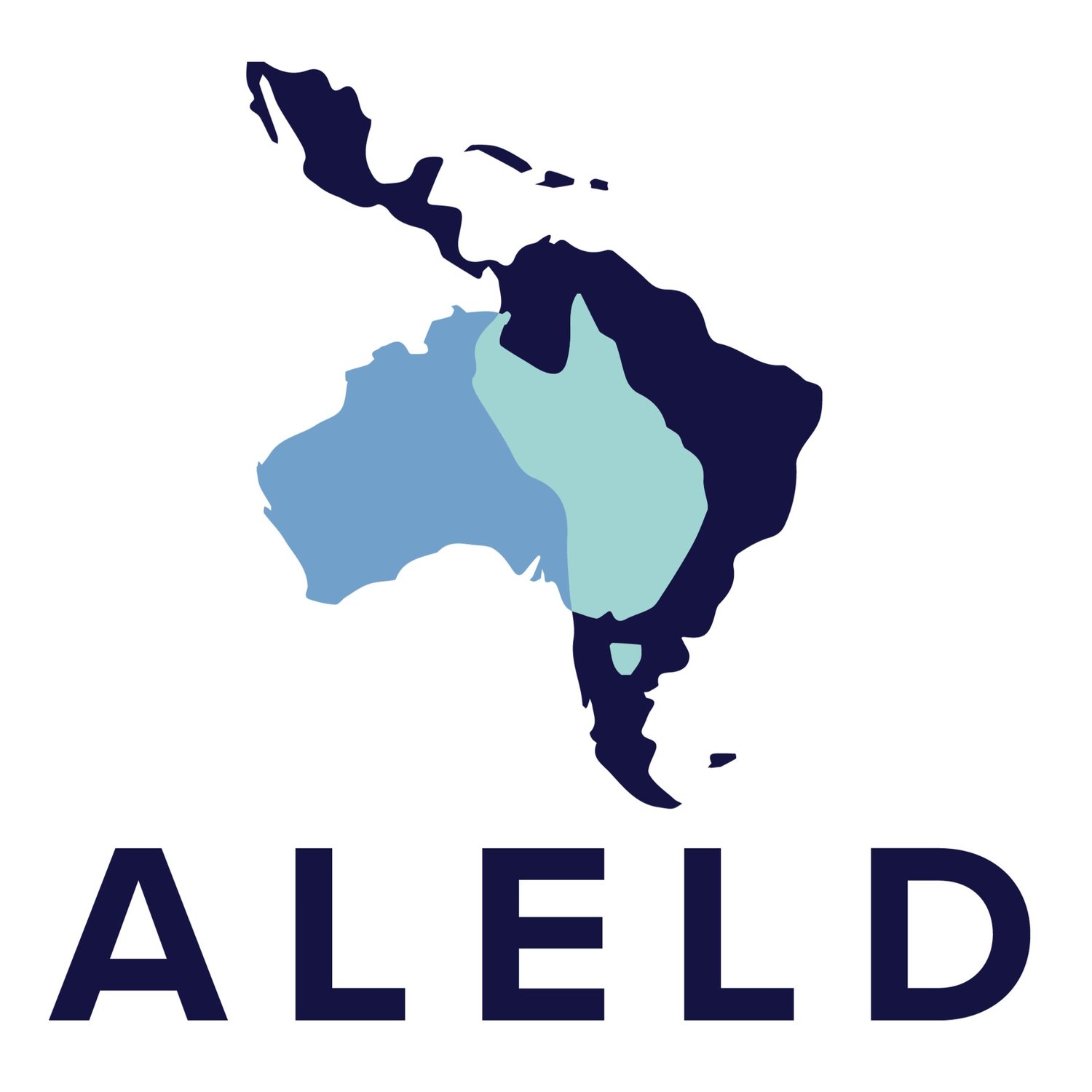A Youth-Led Future: Gabriel Boric challenges Chile’s neoliberal status quo
https://unsplash.com/photos/FNgFl5KHDtI
In mid-December 2021, Gabriel Boric Font, won the Chilean presidential elections with 55.8% of the vote. At 35-years of age, he will become the youngest president in Chile’s history and the second youngest serving state leader in the world. The former University of Chile student has promised to address Chile’s social and economic inequalities after decades of neoliberal policies. This shows the potential for youth-led social change in a developed, yet unequal Latin American society.
Chile, often called the ‘birthplace of neoliberalism’, has implemented extensive neoliberal public policies since the 1973 coup d'état which resulted in the 17-year military rule under Augusto Pinochet. Violent political oppression under the Pinochet dictatorship resulted in more than 40,000 victims of false imprisonment and torture, of which over 3000, including many young political activists, 'disappeared’.
Creative common by Pepoideashttps://commons.wikimedia.org/wiki/File:CALLE_PARIS_LONDRES_3.jpg
One of Chile’s most emblematic neoliberal reforms was becoming the only country with fully-privatised water, resulting in very high inequality of water rights. Additionally, its privatised health care system has been consistently labelled as ‘highly inefficient’. Nonetheless, these structural reforms that contributed to rapid economic growth were praised by the International Monetary Fund in the early 2000s. Despite resulting in polarised wealth distribution and widespread social exclusion, many policies introduced during the Pinochet-era are still in place today. Recently, Chileans overwhelmingly supported adopting a new constitution and there have been mass protests against inequality and corruption over the last few years.
“If Chile was the cradle of neoliberalism, it will also be its grave” (“Si Chile fue la cuna del neoliberalismo, también será su tumba”), said Boric after winning the presidential primaries. Paying homage to democratic socialist, Salvador Allende, Boric invited his followers to go home with “the healthy joy of accomplished victory” (“la alegría sana de la Victoria alcanzada”), quoting the former President’s 1970 speech. As the most popular candidate for Chilean voters under 30, Boric has vowed to oversee a youth-led government to address Chile’s high levels of inequality through progressive reforms. Some of his proposals include a universal healthcare system, expansion of Indigenous rights, a gender-equal cabinet, increase in wages, and “decent pensions” (“pensiones dignas”) in a country with a fully privatised pension system. In terms of his foreign policy, he has vowed to prioritise trade and relations with countries in the Pacific Alliance, of which Australia is an associate member. However, as the Apruebo Dignidad coalition does not have a majority in the Chamber of Deputies nor the Senate, it is still uncertain the extent to which these policies will be able to be implemented.
https://unsplash.com/photos/ms6gBEYfYwc
His promises to challenge the neoliberal status quo has seen the young leader described as a socialist and an “[embodiment] of Chile’s emerging radical left”. However, others have claimed his proposals only marginally differ from the social democratic welfare states of many European countries. Conversely, opposing presidential candidate José Antonio Kast has been labelled as far-right and “an apologist for the Augusto Pinochet dictatorship”.
https://unsplash.com/photos/jHtZxaohHS8
Young people worldwide are disproportionately underrepresented in political institutions. Over 80% of the world’s parliamentarians are aged over 40 years, with only 2.6% aged under 30. At the time of writing, only six state leaders were aged 39 years or younger. This can impact the quality of democracy and citizenship. In the political arena, young people are typically viewed as either vulnerable and in need of protection, or violent and uncontrollable. Combined with the perception that young people are politically apathetic and inexperienced, leaders have consequently failed to recognise the unique contribution the next generation has to offer.
In fact, the inclusion of young people’s perspectives can impact the political mainstream. For example, student mobilisation in Chile has significantly influenced public opinion and policy-making. In the case of Boric, he sees youth political participation as having immense potential to challenge the status quo, calling for Chileans to “not be afraid of youth changing this country” (“no le tengan miedo a la juventud para cambiar este país”). While it is still uncertain whether change will come, Boric’s victory provides hope not only for Chile’s working class, but also for a future led by young people.
Content Disclaimer
The views expressed in this article are those of the author and do not necessarily represent the views or opinions of the Australia-Latam Emerging Leaders Dialogue.




